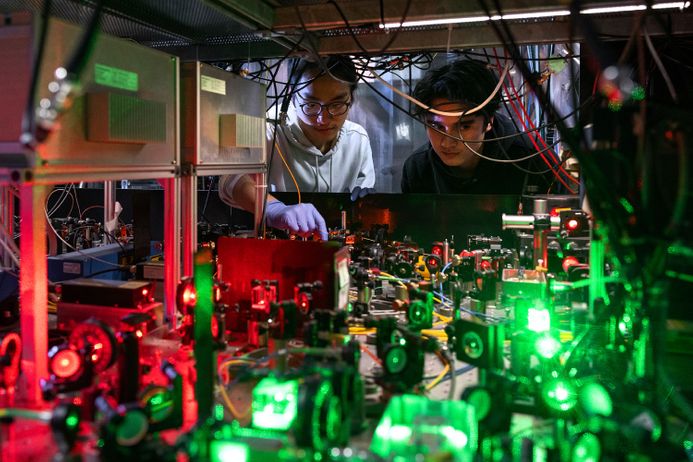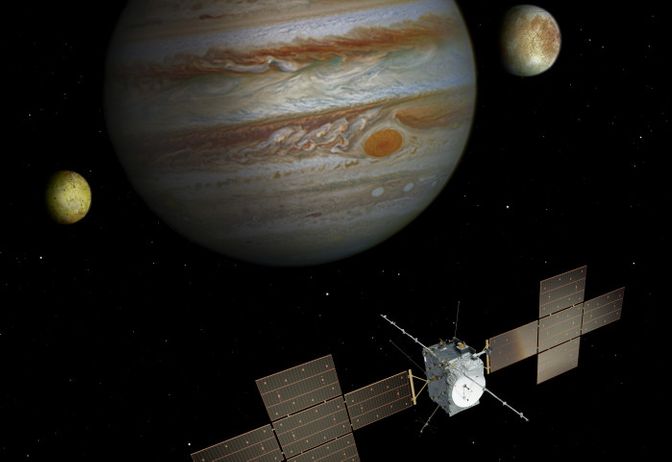How we, as a hub of discovery and innovation, seek to find answers to questions big and small.
Featured stories
Older stories
The impact of the global supply chain crisis – With global supply chains in crisis, our experts reflect on significant moments since the pandemic began and discuss impacts on the festive period.
Natural killer – How harnessing the natural killer T cell could transform the treatment of blood cancers and other diseases.
Antimicrobial resistance – Explore the growing threat of antimicrobial resistance, and what Imperial scientists are doing to battle it.
One year, two studies, two million tests – Meet the scientists behind Imperial's REACT programme.
The UK's future energy mix – What will it look like if we're to reach Net Zero?
Understanding sleep – Unlock the mysteries of sleep, including why we do it, how we can do it better and what role technology plays.
Dinosaur doom – How the majestic creatures continue to teach us new things about life on Earth.
Next stop: Jupiter – Explore the science behind magnetic fields and why they have the power to tell us so much about space.
Extinction day – New research is revealing exactly what happened the day the dinosaurs died.
Dark data. Bright light. – Professor David Hand says the data we can't see could a have a devastating impact on decision-making.
Pandemics and privacy – Exploring COVID-19, contact tracing apps and protecting our privacy.
Feed or flee – The brain cells that tell us when to eat and when to run away.
Mission to the Sun – How we are going to get a better look at our star than ever before.
Fake news – Do bots help to spread fake news? No, but they could be part of the answer. We look at the truth behind the headlines.
Antifungal resistance – Fungi are evolving, but thankfully Imperial researchers are leading the fight to protect us all.
Turning gravity upside down – Professor Claudia de Rham and Andrew Tolley have a new theory on gravity, and it challenges our very understanding of what it is, and how it works.
Overturning ‘Darwin’s paradox’ – Imperial researchers are using a new approach to understand why same-sex behaviour is so common across the animal kingdom.


